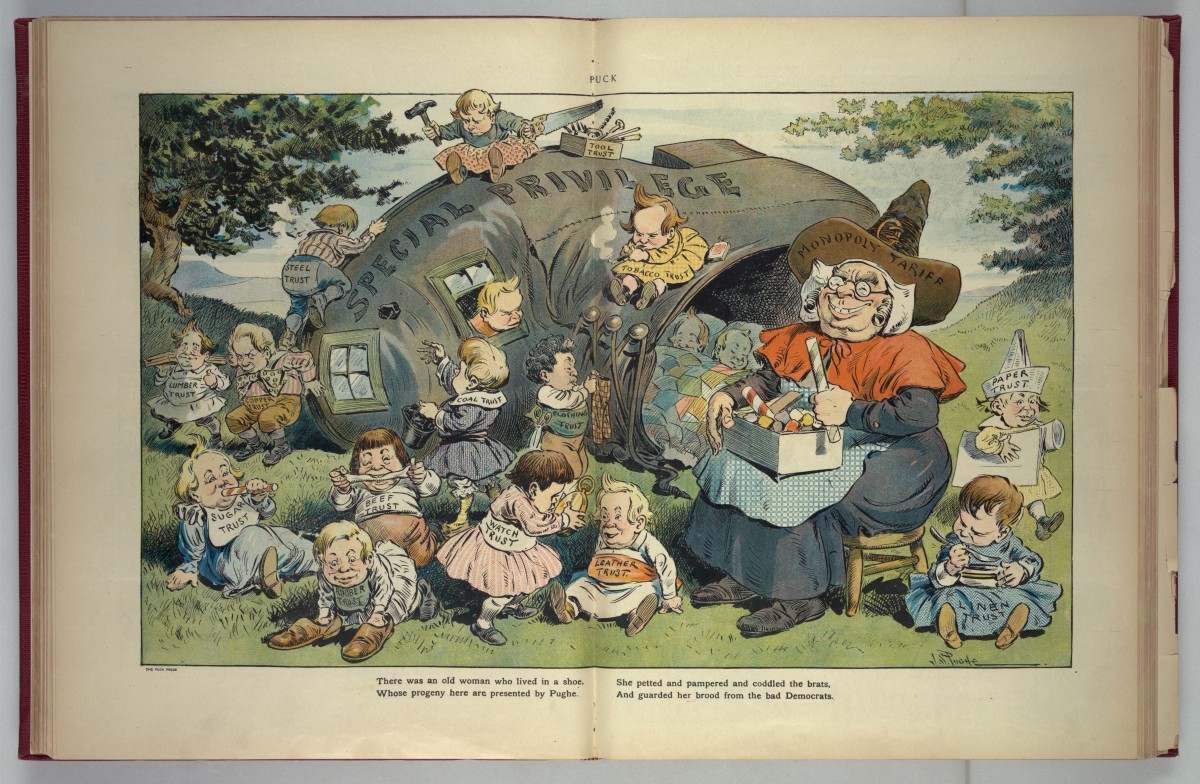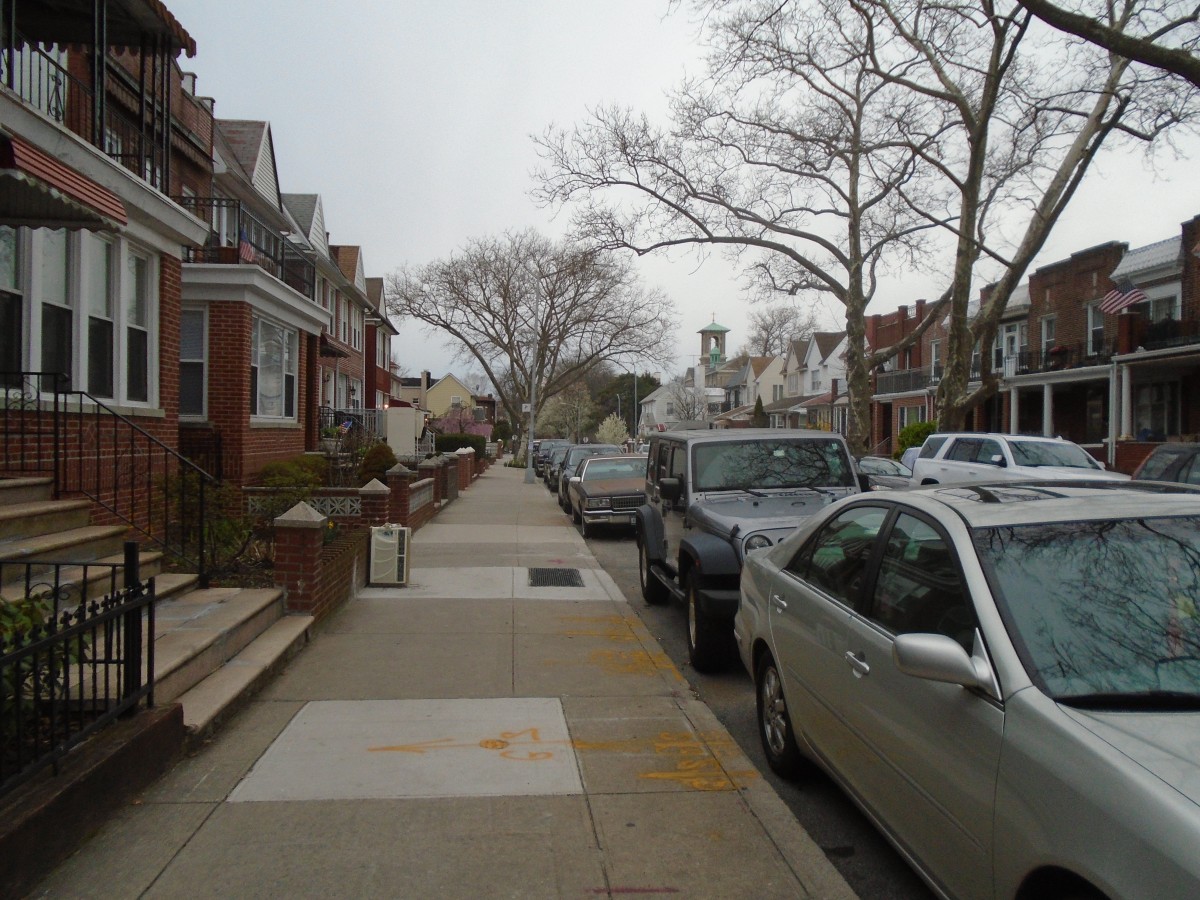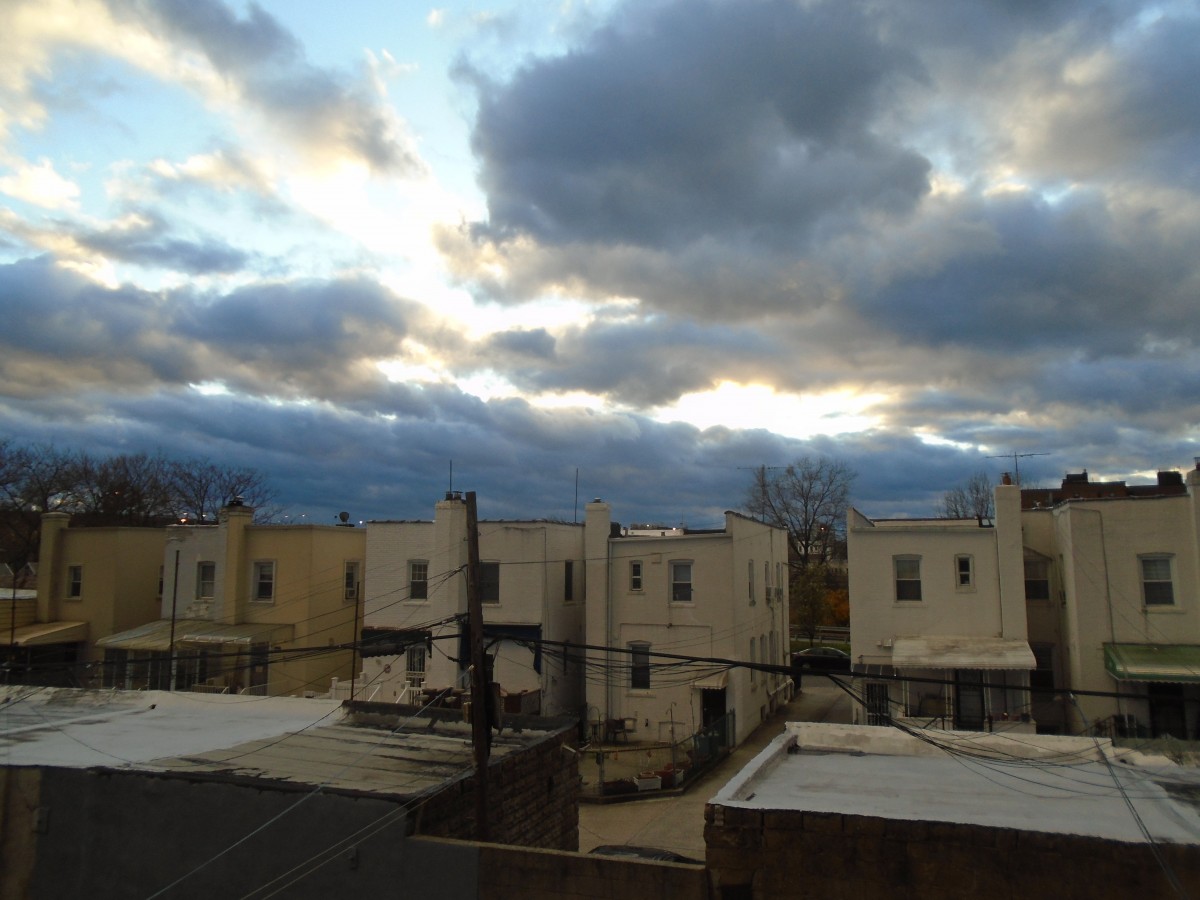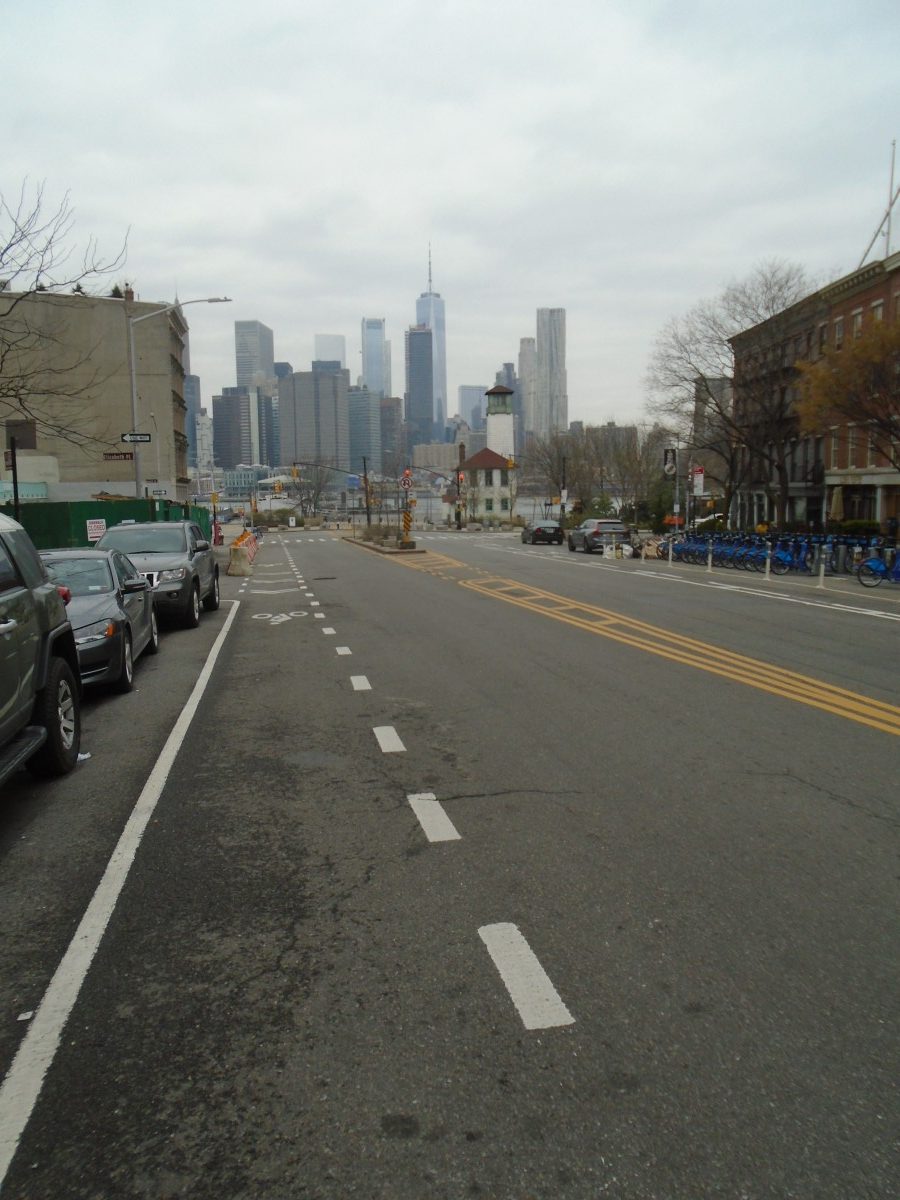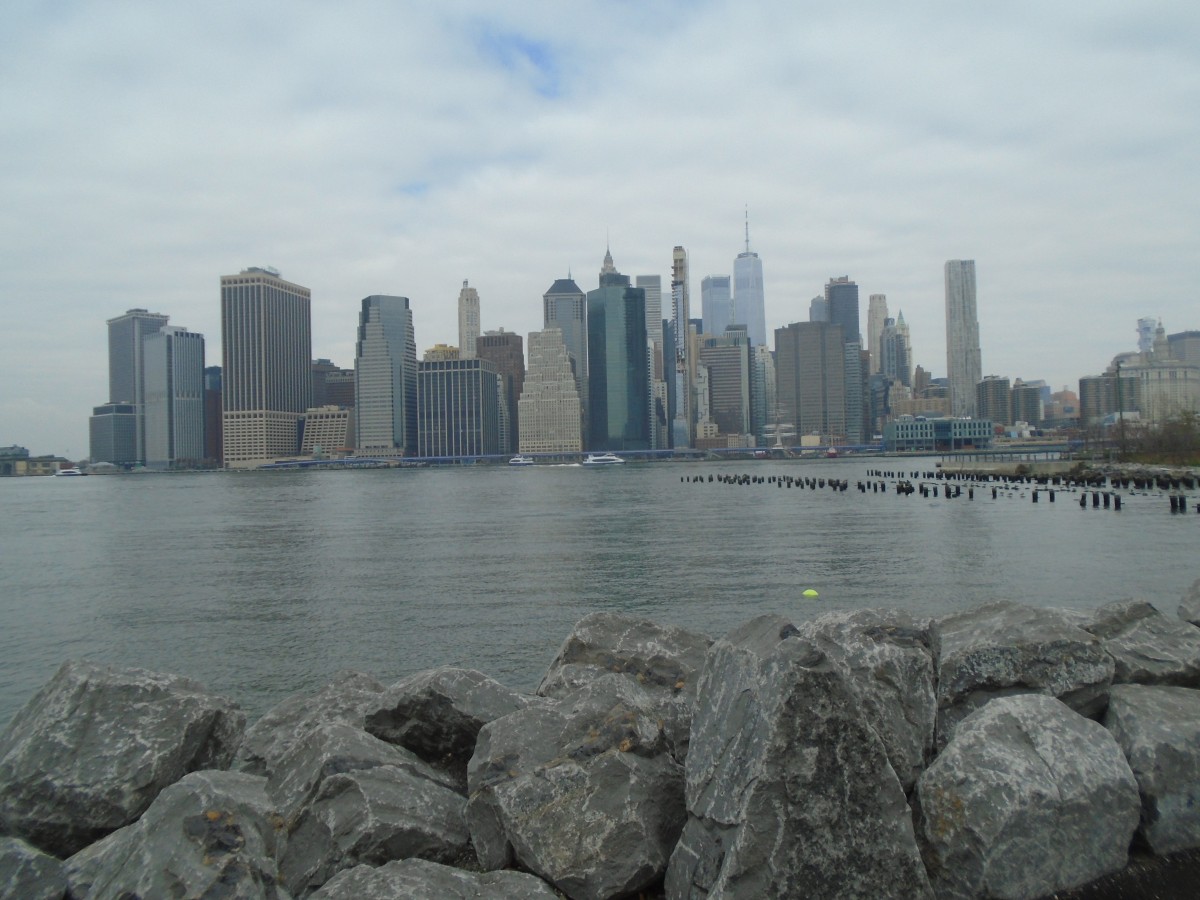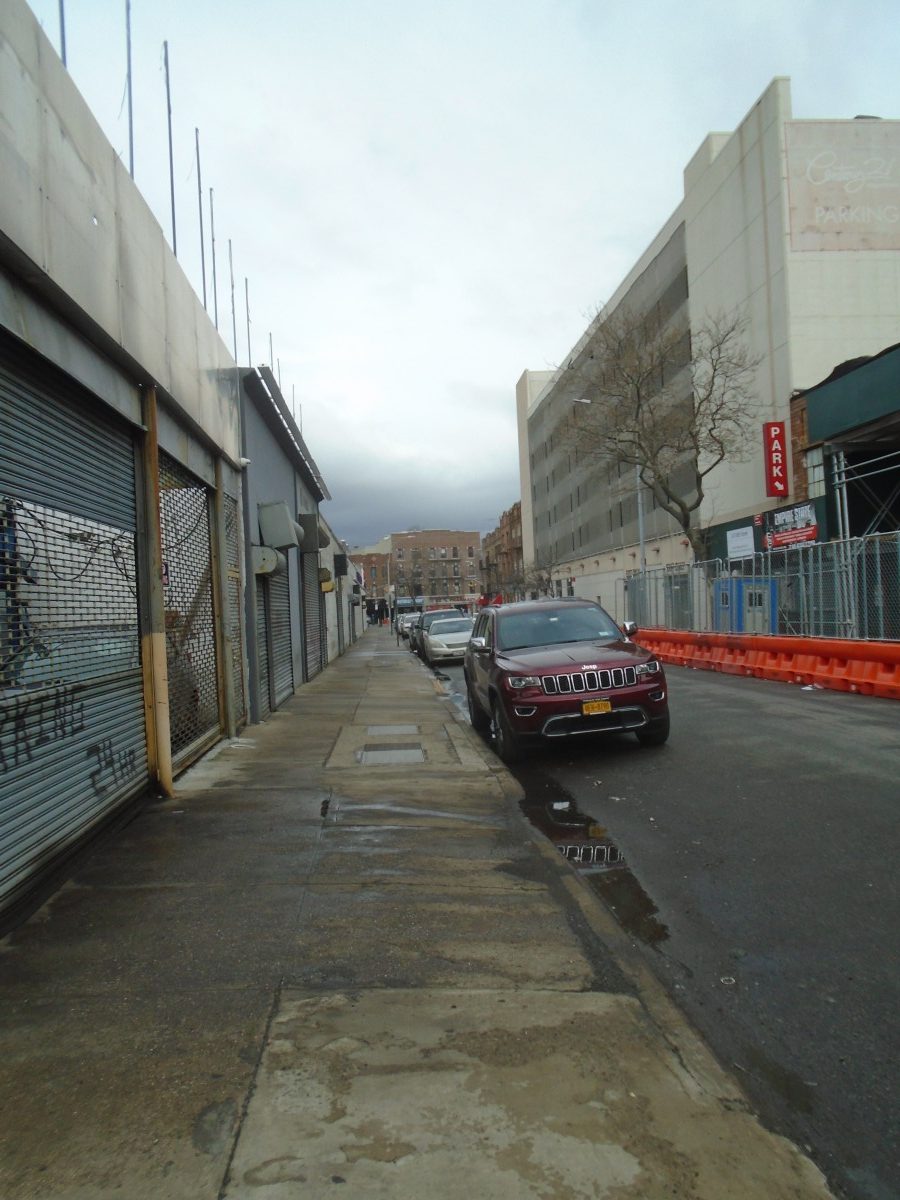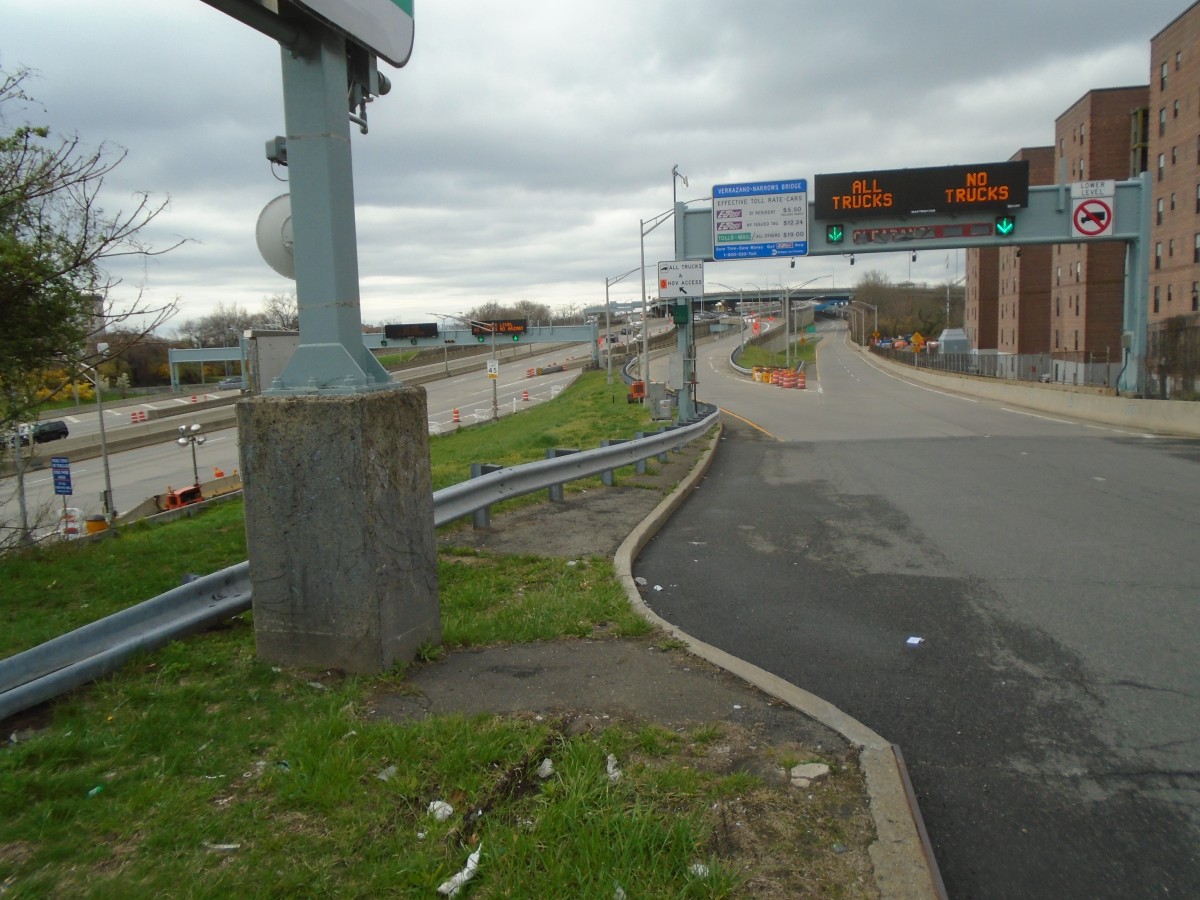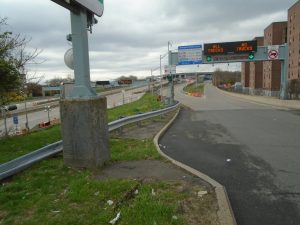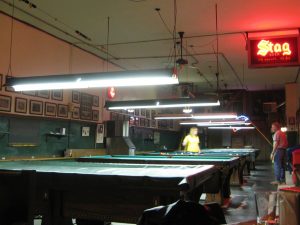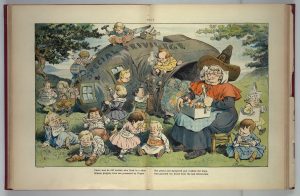
As he is not a teacher, not really, New York Times pundit David Brooks is able to accuse the higher GPA of English classes as opposed to Premed classes of “coddling.” If the grades are higher, students must be getting less out of the class. It’s too easy.
Brooks writes from the perspective of privilege and from a belief that all who matter are from the American upper-middle class and above. Students from other backgrounds are invisible to him. Most people are invisible to him.
My classes are certainly not difficult but I do not believe my students can be accused of being coddled. Mostly, I teach First Year Composition and my students are trying to learn how to be college students. They don’t come from backgrounds that prepared them for the American college experience the way of the students at Yale, where Brooks sometimes teaches a course, do. Most of them work. Many of them are more comfortable speaking a language other than English—some, in fact speak as many as five languages. None of them has been coddled but all of them need support as they negotiate an environment more alien to them than anything Brooks has ever experienced.
Because it is critical for them to learn to work on their own and with fellow students, and to take command of their own learning instead of simply reacting to the demands of a teacher, I give my students a lot of freedom to either do the work or fail. Most of them manage, though they don’t always like it. It is easier to simply follow orders instead of trying to figure things out on one’s own. When they manage that, I reward them.
I do not, however, grade ‘on a curve,’ keeping the class GPA down and priding myself on being tough—the way Brooks implies is best. When all of my students do well, they all get high grades. That’s only fair. And grading, I know, isn’t a sign of how students are treated, of how they are coddled or not. In the aggregate, over time, it does show the effort a student has put into the work, but it does not show that the work has been too easy if the grades are high.
If anyone is coddled in this country it is not the vast majority of college students, few of whom have the privileges that Brooks grew up with (or that I did, for that matter—both of our fathers were college professors). It’s the people who have been protesting against stay-at-home orders across the country. They have been told that they are independent individualists who ‘make it’ on their own—even while their success has been universally assured by cultural and governmental forces that give them advantage over almost anyone else in the world:
Protesters at state capitols across the country this week expressed their deep frustration with the stay-at-home orders that are meant to stem the spread of the novel coronavirus, pushing a message that is rapidly coalescing among the nation’s conservatives: Reopen the country.
Groups rallied in at least six states this week, and protests are planned in four more in coming days.
These are people who have been lied to up to the point where they believe they take ‘nuttin from nobody’ and, therefore, owe nothing to anyone else. Why should they care that the vast majority of Americans, working as a community, have ‘flattened the curve,’ at least for now, reducing COVID-19 death by, possibly, tens of thousands. They believe that:
edicts to combat the spread of the novel coronavirus, Gov. Kristi L. Noem [of South Dakota] said disparagingly, reflected a “herd mentality.” It was up to individuals — not government — to decide whether “to exercise their right to work, to worship and to play. Or to even stay at home.”
Anyone who believes that any individual, in this modern, interconnected world, can act with that kind of freedom has been coddled to an extreme that has never before been possible—not before the last century in America, at least.
Rather than worry about student GPAs, Brooks might better spend his time teaching where he can have real impact. That is, he could start helping his fellow conservatives understand that their fake individualism is as toxic as the novel coronavirus and that they should stop looking only to their own wants and recognize that all they have comes from the largesse of a society and a government biased in their favor. If he is worried about coddling, he should worry about theirs.

